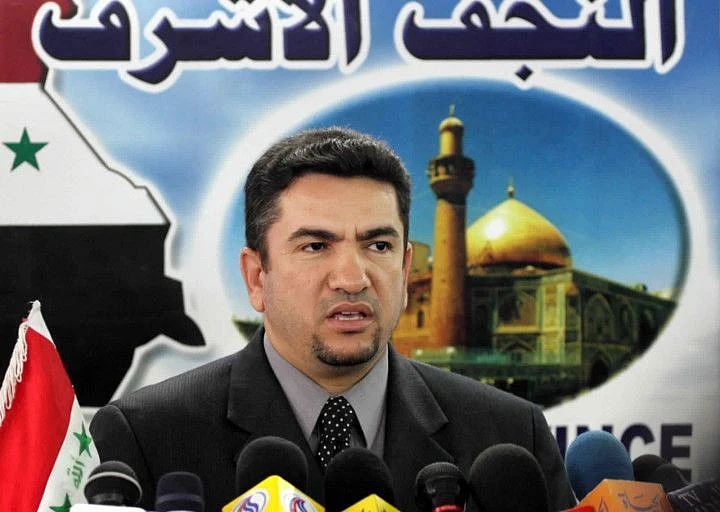New Iraqi prime minister faces uphill task
Zurfi must get his act together and regain his country’s sovereignty

Iraqi president Barham Saleh Tuesday named former Najaf city governor Adnan Al Zurfi as the new prime minister to break a six-month deadlock. Last time the president nominated a premier, his choice, Tawfiq Allawi, was rejected by both the political parties and the protesters who were until then out on the streets.
Today, in addition to the protests, the frequent rocket attacks on coalition forces and American air raids on Iran-backed militias, Iraq is hit like other countries by the coronavirus outbreak. Al Zurfi’s task, therefore, is a very tough one, but not completely impossible.
Al Zurfi had been governor of Najaf for multiple terms before being elected to parliament in 2018 under the banner of coalition led by former prime minister Haider Al Abadi.
People close to the coalition say the designated prime minister, who holds a dual Iraqi-US citizenship, is ‘pro-American’, whatever that means. But surely Iraqis hope that he will not be under the influence of Iran like some of his predecessors.
One of the protesters’ main demands is to stop Iran’s meddling in Iraq’s affairs. It is no secret that Tehran yields extraordinary influence over its Arab neighbour’s political and military policies.
Speaking shortly after his nomination, he promised new elections within a year of forming his cabinet and pledged to respond to the demands of protesters, who took to the streets since October to protest against corruption and political chaos.
He has 30 days to form his government which has to be put to a confidence vote in the parliament. It is not yet clear what support he will get in the parliament, but early reactions suggest that he may secure the vote of a considerable number of MPs.
Nevertheless, he is faced with an uphill task to run a fractured country that still reels from years of internal conflict and terrorism in the post-US invasion years.
Iraq is also faced with a real threat of the spread of the coronavirus due to its depleted health services and inefficient government entities. At least 12 people died in Iraq from the disease with more than 140 confirmed infections.
But his most daunting task will be to regain his country’s sovereignty, to restore its ties with its Arab neighbours and keep Iraq out of the US-Iran conflict. Armed groups, that answer to Iran, must be dismantled. Without this critical step, all he does will be cosmetic.
Network Links
GN StoreDownload our app
© Al Nisr Publishing LLC 2026. All rights reserved.